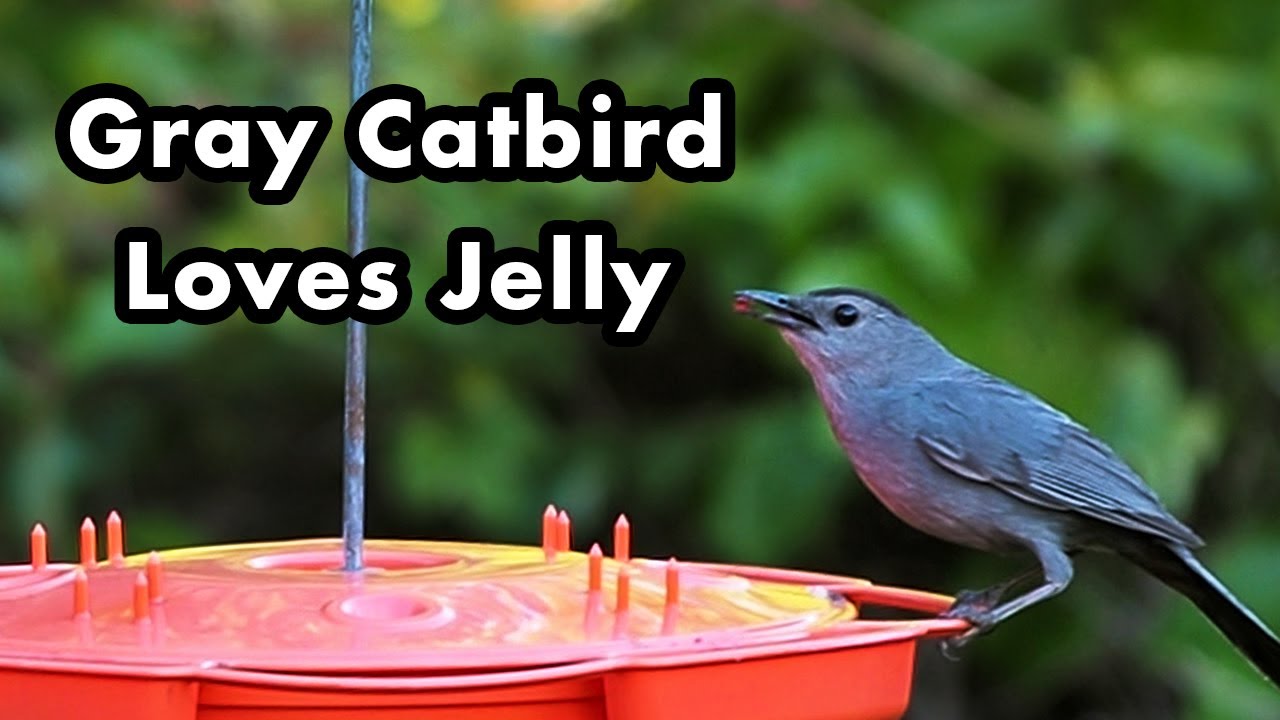What Birds Eat Grape Jelly?
Grape jelly is a sweet and fruity condiment that is often used as a spread or topping for toast, biscuits, and other baked goods. While it may be a tasty treat for humans, it is not a natural part of a bird’s diet. However, some birds may be attracted to grape jelly and may incorporate it into their diet if it is available. In this article, we will explore which birds are attracted to grape jelly and how it may affect their health.
The Appeal of Grape Jelly to Birds
Grape jelly is made from grapes, sugar, and pectin, which are all sources of energy and nutrients for birds. In addition, the sweet and fruity flavor of grape jelly may be attractive to birds, particularly those that are attracted to sweet foods in the wild.

Some birds that may be attracted to grape jelly include:
- Robins: Robins are omnivorous birds that are known to eat a wide range of foods, including fruits, insects, and worms. They may be attracted to the sweet and fruity flavor of grape jelly and may incorporate it into their diet if it is available.
- Finches: Finches are small, seed-eating birds that are known to be attracted to sweet foods. They may be attracted to grape jelly and may incorporate it into their diet if it is offered.
- Blue jays: Blue jays are omnivorous birds that are known to eat a wide range of foods, including fruits, nuts, seeds, and insects. They may be attracted to the sweet and fruity flavor of grape jelly and may incorporate it into their diet if it is available.
The Impact of Grape Jelly on Bird Health
While grape jelly may be an attractive food for some birds, it is not a natural part of their diet and may have negative impacts on their health if consumed in large amounts. Some potential negative effects of grape jelly on bird health include:
- Nutrient imbalance: Grape jelly is high in sugar and low in protein, fiber, and other essential nutrients. As such, it may not provide the balanced nutrition that birds need to thrive.
- Obesity: Consuming large amounts of high-sugar foods, such as grape jelly, can lead to obesity in birds. This can cause a variety of health problems, including heart disease, diabetes, and shortened lifespan.
- Dental problems: Consuming high-sugar foods, such as grape jelly, can lead to dental problems in birds, including tooth decay and gum disease.
- Poisoning: Grape jelly may contain additives or preservatives that are toxic to birds. If ingested in large amounts, these substances can cause poisoning and may lead to serious health problems or death.

Conclusion
While some birds may be attracted to the sweet and fruity flavor of grape jelly, it is not a natural part of their diet and may have negative impacts on their health if consumed in large amounts. It is important to avoid offering grape jelly or other high-sugar foods to birds and to provide them with a balanced and nutritious diet instead. This will help ensure their overall health and well-being.
Read more: For more information please visit our website nationalsaferetirementday.com
